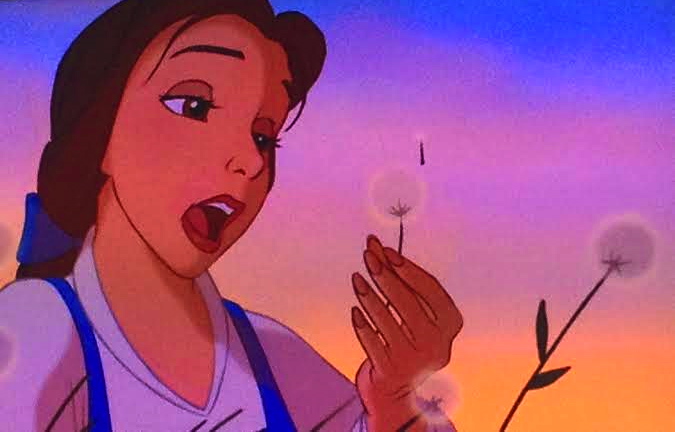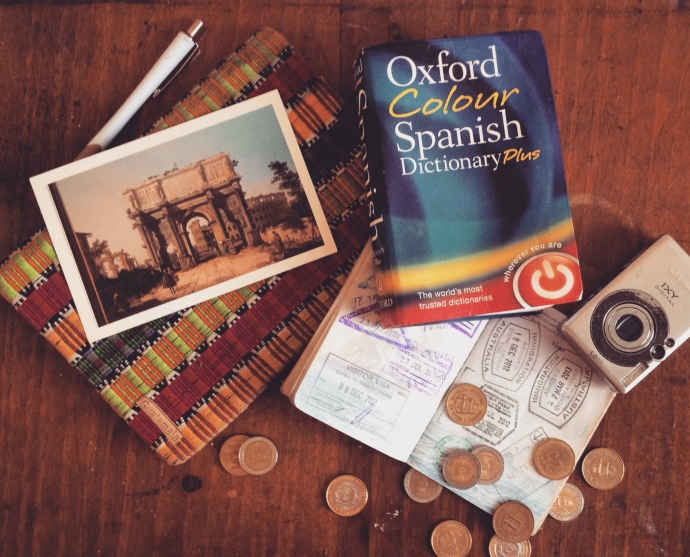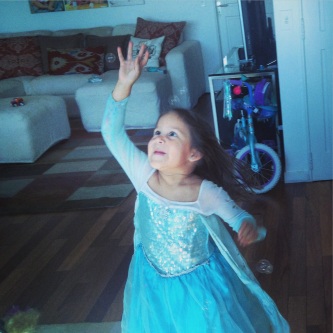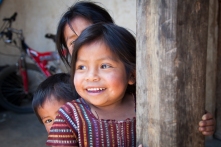A wise person once told me that luck is when opportunities present themselves and you’re ready to take them.
I think this is the most realistic view of life we can have. I’ve never been someone who believed in fate or destiny, but I do think there is some kind of science to the crazy patchwork of decisions that navigate us through life. As I stumble my way from one serendipitous exploit to another, there’s one thing that consistently drives me toward the right path – and that’s perspective.
Perspective is the key to happiness
Happiness has a lot less to do with what actually occurs in our lives, and a lot more to do with the discrete inner workings of our mind. American motivational speaker and writer Denis Waitley says, this means striking a balance between finding value within yourself and expanding your horizons for a greater understanding of the world.
Many of us are so preoccupied with our individual struggles and relationships that we don’t Arecognize ourselves in terms of a global collective of loving, feeling individuals –– we think only in limited, localized terms, judging and comparing each other against our neighbors. When we have a terrible day it can feel like we have the worst life in the world because everything in our immediate proximity suggests so. But that’s generally an unfair conclusion. That doesn’t mean we shouldn’t feel frustrated or have negative emotions, but we should deal with those feelings and move on — instead of letting them effect our happiness in the long-term.
According to the 2013 World Happiness Report, expats and people who travel generally report higher levels of happiness. Because of their lifestyle, travelers are forced to develop a more solid relationship to reality. Cut off from their native support system, they learn to handle the swing of the luck-pendulum better than others, investing in other cultures that expand their frame of reference. As a result, travelers can more realistically weight their failures and are less likely to get swept away by false hopes.
Overcoming struggle
But what if you’re coping with something worse than the usual tempest of disappointments and irritations? You burst beyond the bogs of insecurity to take a big risk, gratifying the creature of hope and anticipation that viciously burrowed into the cavity of your heart and made a nest.
 But as you see it there, glinting on the horizon, your ship of dreams sinks deep before your eyes into a lake of smurf blood and unicorn tears.
But as you see it there, glinting on the horizon, your ship of dreams sinks deep before your eyes into a lake of smurf blood and unicorn tears.
At one time or another, we’ve all watched the thing we want most evaporate in a gut wrenching fog of disappointment and regret. But in the end, it’s not how you deal with painful situations. It’s how you collect the broken shards of yourself and how you mosaic a reflection.
As human beings, we are the most adaptable creatures on earth. We can get through any pain, and we can acclimatize to any reality. We use perspective the way a lion uses its sense of smell to hunt prey. It’s this skill that’s the key to staying happy, healthy, and inspired in the face of life’s greatest challenges.
Adopting a realist view can change your life
 No matter how hard you work in life, there is always someone who achieves greater things. And there is always someone who manages, somehow, to accomplish less. Crappy things could always be worse, and great things could always be better.
No matter how hard you work in life, there is always someone who achieves greater things. And there is always someone who manages, somehow, to accomplish less. Crappy things could always be worse, and great things could always be better.
We are given a choice every day to assess the world and our place in it. It’s those of us that chase imaginary hopes or wallow in misappropriated grief that stand to repeat history’s failures.






